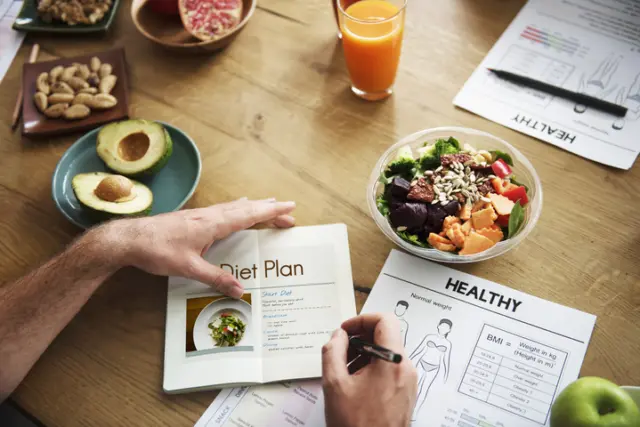While AI meal planners offer speed, accessibility, and routine tracking, they cannot fully replace the expertise and emotional intelligence of a human dietician. They are useful tools, especially for general or beginner-level nutrition guidance. However, for deeper health needs, lifestyle coaching, or long-term support, dieticians remain the more reliable choice. In essence, AI can assist—but not replace—the human connection and depth a dietician provides.
Artificial Intelligence (AI) has become increasingly involved in our daily lives, and the world of nutrition is no exception. AI meal planners are apps or software programs that create personalized diet plans using algorithms and user inputs. These tools promise convenience, speed, and customization. But how do they really compare to traditional human dieticians?
Convenience and Accessibility
One of the most noticeable advantages of AI meal planners is their accessibility. These tools are available 24/7, allowing users to generate meal plans at any time without needing an appointment. In contrast, scheduling a session with a dietician often requires time, planning, and sometimes waiting. AI meal planners offer instant results, which is a big appeal for busy individuals.
Customization and Personalization
AI systems are designed to collect and process individual data such as age, weight, food preferences, allergies, and fitness goals. Based on this, they generate meal plans tailored to user needs. While this level of customization may seem impressive, it often lacks the depth of understanding a dietician brings. A dietician can interpret subtle cues, understand emotional eating habits, and adjust plans with a more nuanced approach.
Adaptability and Human Insight
AI meal planners follow pre-set rules and data patterns. While they can make changes based on updated inputs, they often struggle to address complex dietary needs, cultural contexts, or medical conditions effectively. Dieticians, on the other hand, bring empathy and experience to their work. They can detect patterns not easily quantifiable, such as food-related anxiety or lifestyle barriers, and offer emotional support and motivation.
Consistency and Updates
AI tools are excellent at consistency. They can remind users to follow their meal plans, track progress, and suggest tweaks when goals are not met. This makes them reliable for routine-based users. Dieticians also provide follow-ups, but often less frequently. However, their updates are based on detailed conversations, progress tracking, and real-time observations rather than only numbers.
Limitations of AI
AI, no matter how advanced, lacks the human touch. It doesn’t understand cultural food preferences in depth, emotional relationships with food, or specific lifestyle challenges. It works within the limits of its programming and cannot provide medical judgment or long-term emotional encouragement. A dietician, in contrast, can connect personally, empathize, and even challenge clients in supportive ways.
Cost Considerations
AI meal planners are often more affordable than regular visits to a dietician. Some are even free or included in fitness apps. For people with limited budgets, this can be a practical solution. However, lower cost sometimes comes at the expense of quality, particularly in complex or evolving nutritional needs.











































